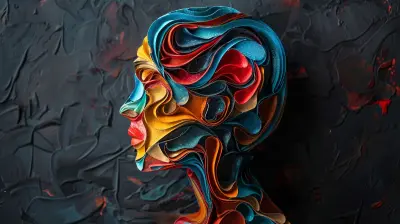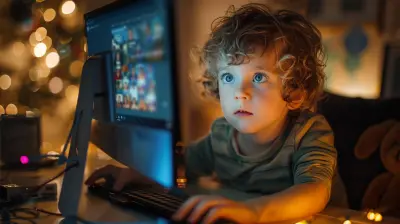How Childhood Trauma Affects Adult Romantic Relationships
14 June 2025
Ever wondered why certain relationship patterns just keep popping up in your life? Like the fear of getting too close, or maybe you constantly feel the need to prove your worth to your partner? If this sounds familiar, there's a good chance the root of it lies deeper than you might think—in your childhood.
Yup, childhood trauma isn’t something we just grow out of. It has a sneaky way of tagging along into adulthood, especially when it comes to romantic relationships. Whether it’s the fear of abandonment, difficulty trusting others, or even choosing the wrong partners over and over again—it all might trace back to wounds from the past.
Let’s break this down and shine a light on how childhood trauma can mess with—or in some cases, completely hijack—your love life.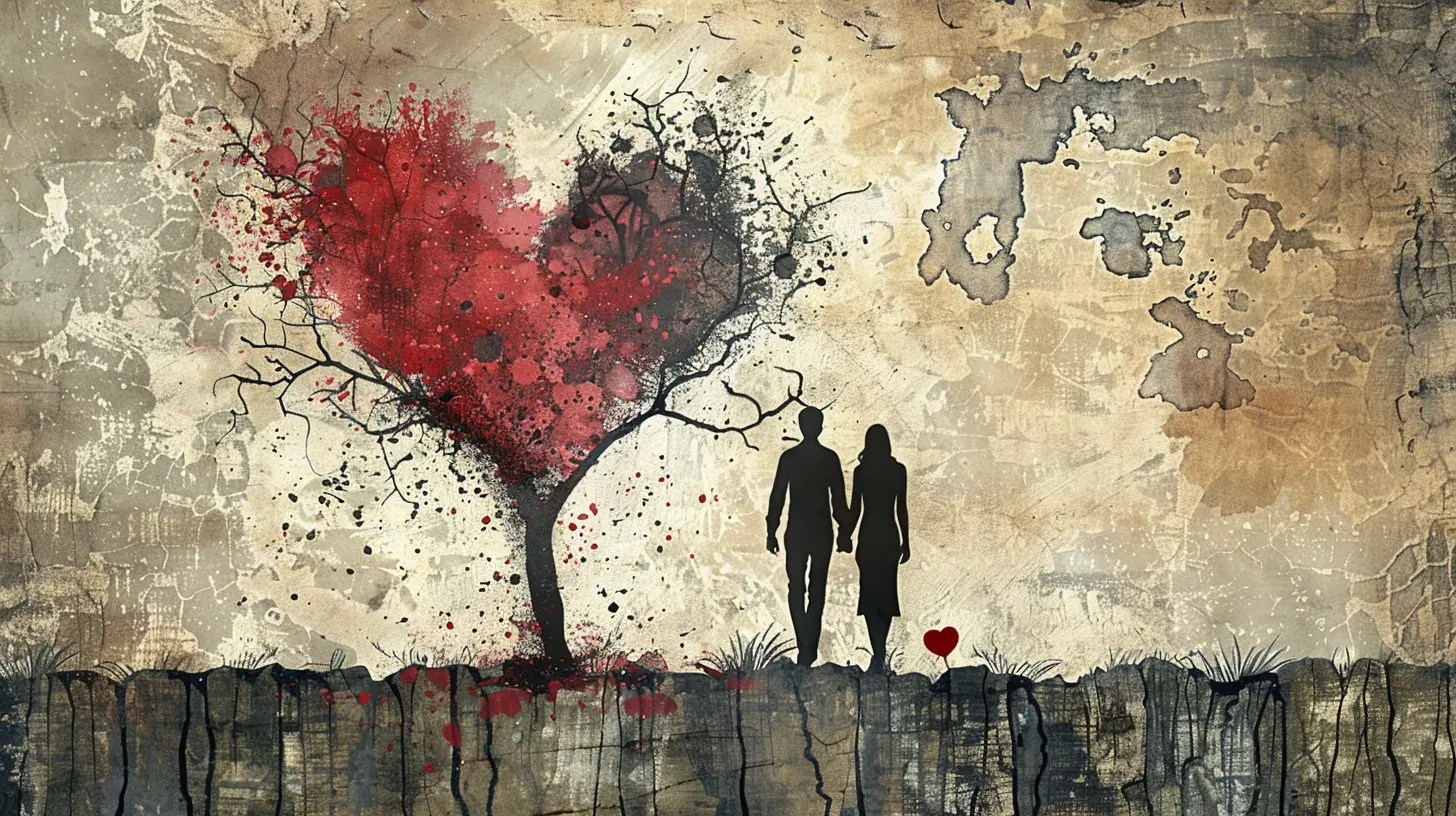
What Exactly Is Childhood Trauma?
Before we go further, let’s get clear on what we mean by “childhood trauma.” It’s not just about physical abuse or obvious neglect (though those are definitely part of it). Trauma can stem from emotional wounds too—like constantly being criticized, feeling unseen, parents divorcing, or living with someone who struggled with addiction or mental health issues.Basically, trauma isn’t just about what happened to you. It’s also about how it made you feel—and whether you had the support you needed to process it.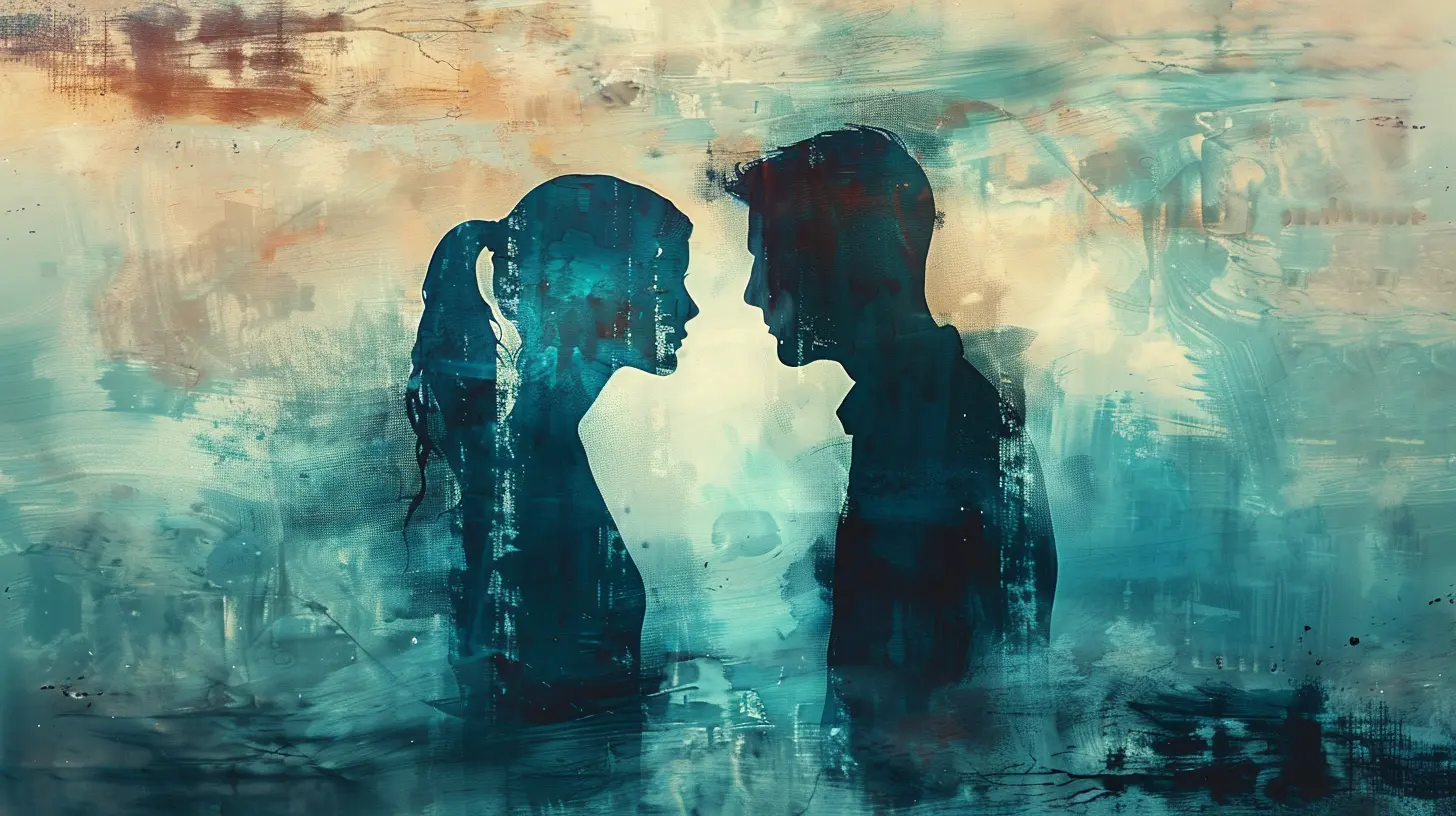
The Blueprint: How Childhood Becomes Your Relationship Map
Childhood experiences, good or bad, create our relationship blueprints. Think of it like the operating system in a phone—it runs in the background, silently shaping your expectations, reactions, and choices in relationships later on.If your early caregivers were loving, supportive, and responsive, you likely developed a secure attachment style. That means you're generally comfortable with closeness, intimacy, and trust.
But if your caregivers were emotionally unavailable, inconsistent, or even harmful, the attachment system gets all out of whack. And guess what? That shows up in adult relationships—big time.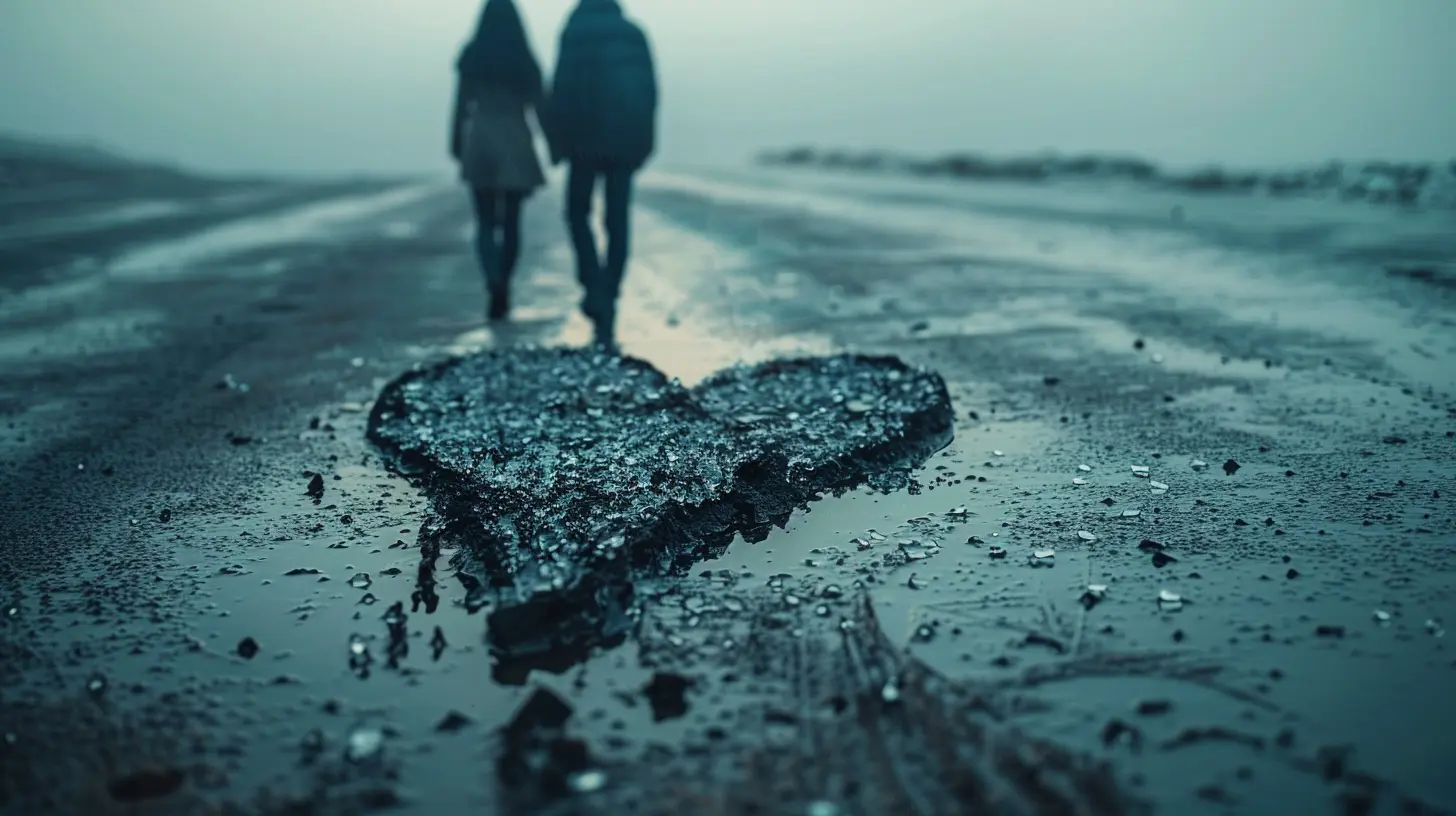
Common Types of Childhood Trauma That Impact Adult Love
1. Emotional Neglect
Did your parents feed you and clothe you, but didn’t really "see" you? Emotional neglect is super subtle but has a lasting impact.How it shows up in adulthood:
- You struggle to name or express emotions.
- You feel deeply alone even while in a relationship.
- You may fear vulnerability or dismiss your own needs as “too much.”
2. Verbal or Physical Abuse
If you were yelled at, insulted, or physically hurt as a child, it can distort your sense of worth. You might grow up believing that love comes with pain or that you somehow deserve mistreatment.How it shows up in adulthood:
- You tolerate toxic or abusive behavior in partners.
- You're hypersensitive to criticism or always on edge.
- You may become the one who lashes out during conflict.
3. Abandonment
This can come from literally being left by a parent or emotionally abandoned due to divorce, death, or parental mental illness.How it shows up in adulthood:
- You fear being left and obsessively seek reassurance.
- You cling to partners even when the relationship isn’t healthy.
- Or on the flip side—you leave before anyone else has the chance to.
4. Parentification
Were you the emotional support for a parent? Maybe you had to “grow up fast” and become the adult in the household?How it shows up in adulthood:
- You choose partners who need "fixing."
- You feel responsible for everyone else's emotions.
- You struggle to relax and allow yourself to be cared for.
How Your Childhood Trauma Creeps Into Your Romantic Life
You ever feel like you’re too much or not enough in relationships? Like you’re constantly walking on eggshells or giving more than you get? That’s not a personality quirk—that’s trauma talking.Let’s look at some ways it tends to creep in:
1. Trust Issues
When your early caretakers were unreliable or hurtful, trusting someone fully becomes a risky gamble. So even when your current partner is safe and genuine, you might still expect betrayal or disappointment.You may:
- Keep your emotions locked up.
- Test your partner’s loyalty constantly.
- Feel jealous, even without cause.
2. Avoidance of Intimacy
Intimacy isn’t just physical—it’s emotional transparency. For some, that’s terrifying. If you learned that being vulnerable led to criticism or rejection, your emotional walls might be sky-high.You might:
- Use humor or sarcasm as a shield.
- Keep one foot out the door, "just in case."
- Choose emotionally unavailable partners so you never have to fully open up.
3. Fear of Abandonment
This one’s huge. If your needs weren’t consistently met as a child, you may now attach tightly in relationships. You constantly fear the person you love will leave—so you try to prevent that at all costs.That looks like:
- Constantly needing reassurance.
- Becoming dependent on your partner’s mood.
- Putting up with poor treatment just to avoid being alone.
4. Overcompensating
Maybe you were made to feel like a burden, and now you think you have to be “perfect” to deserve love. You might try to earn affection by being ultra-helpful, supportive, or agreeable.But here’s the problem: You start losing yourself in the process.
Why We Repeat Toxic Patterns (Even When We Know Better)
You might be thinking, “Okay, I get it—but why do I keep ending up with the same kind of person over and over?”That’s the kicker.
There’s this thing called “trauma repetition.” It's our unconscious drive to recreate early emotional scenarios in hopes of rewriting the ending. Basically, we go for familiar dysfunction thinking this time, we can make it better.
Spoiler alert: It rarely works.
Instead, we just keep reinforcing the same wounds until we finally pause, reflect, and choose differently.
Healing Isn’t Easy—but It’s Totally Possible
Here’s the good news: Your past doesn’t have to dictate your future. You’re not doomed to repeat the same toxic relationship loops forever. But healing takes awareness, action, and a whole lot of self-compassion.Here’s how you start breaking the cycle.
1. Go to Therapy (Seriously)
Therapy isn’t just for crisis management. It’s one of the most powerful tools for unpacking childhood trauma and understanding how it plays out in your relationships. Look into modalities like:- Cognitive Behavioral Therapy (CBT)
- EMDR (Eye Movement Desensitization and Reprocessing)
- Inner Child Work
- Somatic Therapy
2. Practice Self-Awareness
Start journaling about your relationship triggers. Ask yourself:- What situations make me feel unsafe in love?
- When do I tend to shut down or act out?
- Where is this pattern familiar from my childhood?
Awareness is half the battle.
3. Set Boundaries (Without Guilt)
If you weren’t allowed to have boundaries as a kid, setting them now might feel selfish or mean. It’s not. Boundaries are just the healthy limits that protect your well-being.Start with small things like:
- Saying no to things you don't want to do
- Speaking up when you're uncomfortable
- Taking time for yourself without apologizing for it
4. Learn to Sit With Discomfort
Healing from trauma means learning to tolerate feelings you used to avoid—like sadness, anger, or vulnerability. You won’t explode. You’re just learning to feel your feelings instead of running from them.###
5. Choose Differently (Even When It’s Uncomfortable)
As you heal, you’ll start recognizing the difference between attraction and familiarity. That person who doesn’t activate your anxiety might not be “boring”—they might just be healthy.
Give new relationship dynamics a chance. Let consistency and kindness become the new "spark."
Final Thoughts: You Are Not Broken
Here’s the thing—your trauma might explain your patterns, but it doesn't define you. You are not broken, unlovable, or doomed. You're a human being who went through some hard stuff and is doing your best to figure it out.And guess what? The fact that you’re even reading this means you’re on the path to healthier, more fulfilling relationships. Keep going.
Your younger self didn’t have a choice. But you do now.
all images in this post were generated using AI tools
Category:
RelationshipsAuthor:

Alexandra Butler
Discussion
rate this article
2 comments
Zorion Wilson
This article insightfully highlights the lasting impacts of childhood trauma on adult relationships. Understanding these connections can empower individuals to break cycles and foster healthier bonds, ultimately leading to more fulfilling romantic experiences. Well done!
June 18, 2025 at 3:52 AM

Alexandra Butler
Thank you for your thoughtful comment! I'm glad you found the insights valuable and that they resonate with the importance of addressing childhood trauma for healthier relationships.
Julia McCabe
Understanding our past empowers healing; transforming trauma into strength for healthier future connections!
June 15, 2025 at 4:31 AM

Alexandra Butler
Absolutely! Acknowledging our past is crucial for growth and healthier connections in the future. Thank you for sharing your insight!
